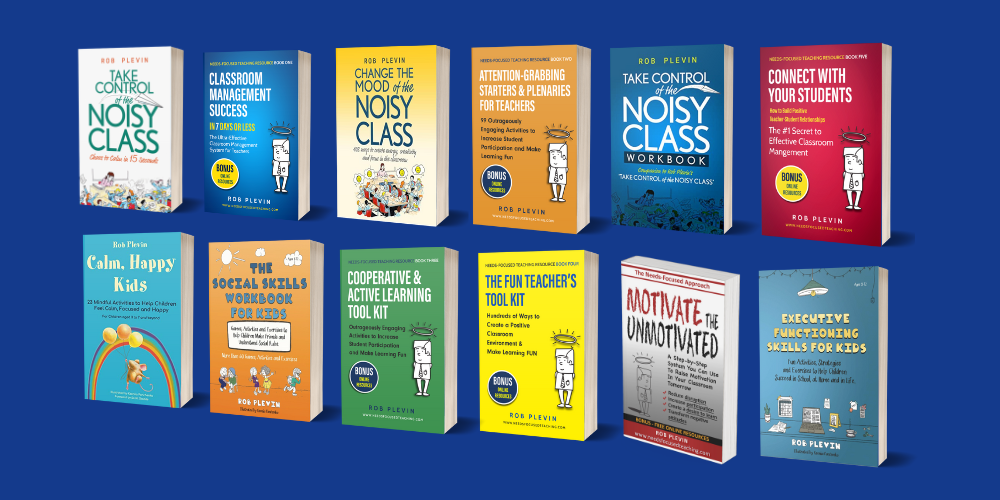One Word to Guarantee Student Engagement

Would you like to know a guaranteed method for raising engagement in your lessons?
It can be summed up literally in just one single word and yet it holds the key to instant participation.
Every student responds to this without exception.
With this in place you can have your entire class, even those students who are usually totally disinterested, literally begging to know more.
You can use it at the start of a lesson to grab and hold the attention of any group.
And you can use it at a later stage of a lesson to regain their attention.
When you use this, there’s no need for the carrot and stick approach. There’s no need whatsoever to spend time cajoling your students and no need to threaten them.
There’s no need for you to be particularly animated or energetic either; it provides all the excitement you need.
The great thing is, you can use this as often as you like without it ever getting dull and without its efficacy ever waning.
Sounds wonderful doesn’t it?
Would you like to know what it is?
Are you interested and, more importantly, engaged?
I’m sure you are. That’s the beauty of this. You’re seeing it at work now, first-hand.
If you haven’t already worked out what I’m talking about, the single word that creates instant engagement is....
...curiosity.
“CURIOSITY is the wick in the candle of learning.”
William Arthur Ward
There’s no getting away from it; we’re all naturally curious and this can be a huge motivator in the classroom. By creating a sense of curiosity or intrigue we stimulate our students' desire to know more; we invite their attention rather than demanding it.
Do you grab your learners’ attention and make them desperate to know more in your lessons? Do you allow them to discover the aims of your lesson in such a way that they are committed to uncover them from start to finish? Or do you simply write up your aims and objectives on the whiteboard and hand them a worksheet to complete?
Research has shown that the more curious people are about a particular topic, the more they will want to find out the answer. In addition, the more they want to know the answer, the more likely they are to remember it.
Here are two very simple ways to do this in your next lesson.
First, create the 'need to know' by attaching immense value to what you're about to share. You do that by asking an engaging question.
Here are some examples I use with attendees on my training courses:
Example 1:
Have you ever had a learner ignore your instructions to finish their work? Would anyone here be interested in a fool-proof, works-every-time strategy that will mean your learners will never, ever ignore your instructions again?
Example 2:
Do you have unmotivated students in your lessons? Those who are slumped on their chair wearing an "I don't want to listen and you can't make me" expression?
Unmotivated students are exhausting. And if you have a whole class full of unmotivated students you probably find it hard to turn up for work each day. So... would you be interested in a questioning technique which guarantees 100% participation from unmotivated students?
During my training events when I ask those two questions, most attendees will admit to being very curious. And that's the level of interest you want to arouse in your students - by asking questions which make the lesson task extremely valuable (and relevant) to them.
I've explained this further in chapter 10 of Take Control of the Noisy Class (available on Amazon). It's in a section called 'The Engaging Question'. Are you curious enough to get yourself a copy? ;-)
The second way we can make use of the power of curiosity is to provide challenging group projects.
Doing this has several benefits. According to research, not only should students’ learning tasks be challenging (and well-scaffolded), they should also be enquiry based (e.g., experiments, expeditions, mysteries etc.) and supported by cooperative group activities in which students can work as part of a learning team.
For example, you might create a geometry scavenger hunt where second graders work with a learning partner (with designated roles) to find a range of shapes in their school or playground (like triangles, squares, and rectangles); then they can explain why the shapes they select meet the appropriate criteria.
Here are some more great examples of inquiry-based learning tasks: https://blog.futurefocusedlearning.net/inquiry-based-learning-examples
Learn more from Needs Focused Teaching…
Search for our books on Amazon right now:




